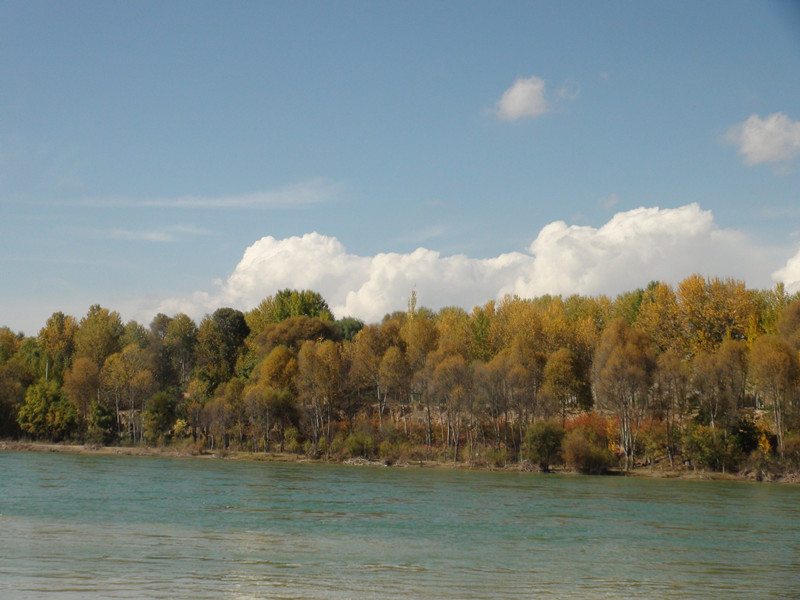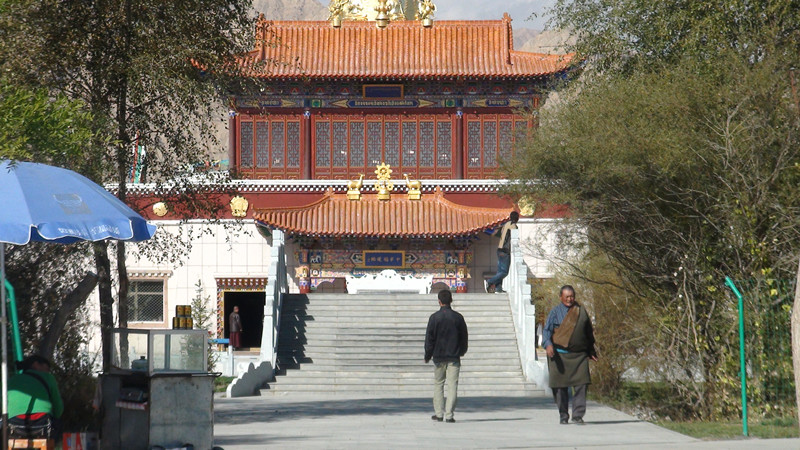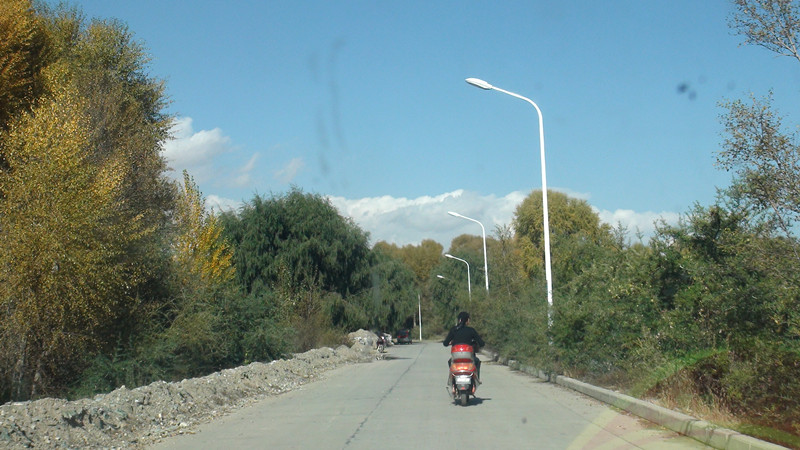|
★★
The meaning of a
low-carbon
★★
Concept:Low-carbon
life means that we try our best to reduce the energy consumption in
daily life, thus reducing the emission of carbon, especially carbon
dioxide, and reducing air pollution and reliving the ecological
deterioration. We mainly practice it from electricity saving and gas
saving, and recycle in our daily lives.
Implication:Low-carbon
life means to reduce the emission of carbon dioxide, protect the earth
and environment, in other words, to live with low energy, low
consumption, and low cost. We try our best to save energy and reduce the
emission on the premise of not reducing the quality of life. Energy
saving and emission reduction is not only the catchword in today’s
world, but also the strategic choice that concerns the future of human
being. It is significant that we raise the awareness of energy saving
and emission reduction, and change old life-style and consumption custom
for reducing the global emission of greenhouse gases, mainly carbon
dioxide. Low-carbon life can save energy and protect the environment,
and is conducive to speed reduction of global warming and environmental
deterioration, so it is imperative. To pursue
the healthy life, we must live with low fat, low salt, low sugar, and
low carbon. Reducing the emission of carbon dioxide and choosing
low-carbon life is the responsibility of citizens.
★★
People’s option of low-carbon
★★
Low-carbon
life, for those of us ordinary people is an attitude to
life.
We should positively promote and practice it from the four aspects of
electricity saving, water saving, oil saving, and gas saving. To
practice the low-carbon life, some one plant trees, buy the goods with
short transport mileage, and climb stairs. People who are concerned
about the global warming practice the carbon dioxide reduction in daily
life. Low-carbon life tells us what you can do for the carbon reduction.
Along with the rise of low-carbon life, people start to think that what
I do for the carbon reduction today.
★★
How to lead a low-carbon life?
★★
Convenience
is a popular value in modern business marketing and life of consumption.
Quiet a few convenience con sumption
styles inadvertently let the people waste a large amount of energy. For
example, according to the cooling expert’s estimation, 70 percent of
power of supermarket is used by refrigerator. The power consumption of
open-style refrigerator is 20 percent higher than glass-door
refrigerator. Calculating from this, annually open-style refrigerators
for a middle-sized supermarket in Shanghai consume more about 48,000
kilowatt hours, which is equivalent of about 19 tons of coal, or 48 tons
of carbon dioxide, or about 190,000 litres of water. In Shanghai, there
are about 800 large and medium-size supermarkets and 6,000 convenience
stores. If large and medium-size supermarkets generally use glass-door
refrigerators, the annual saved electricity is about 45,210,000 kilowatt
hours, which is equivalent of 18,000 tons of coal, or 45,000 tons of
carbon dioxide. In China, the annual emission of carbon dioxide per
capita is 2.7 tons. If a white-collar’s living area is only 40 square
meters, commutes by a car of 1.6 litres, travels by plan 12 times
annually, the emission of carbon is still 2,611 kilograms. In view of
this, energy saving and emission reduction is necessary for us.
Low-carbon life is a green way of life that we need more urgently if
ecological ideas like the protection of environment and animals and
energy conservation have become our code of conduct.。 sumption
styles inadvertently let the people waste a large amount of energy. For
example, according to the cooling expert’s estimation, 70 percent of
power of supermarket is used by refrigerator. The power consumption of
open-style refrigerator is 20 percent higher than glass-door
refrigerator. Calculating from this, annually open-style refrigerators
for a middle-sized supermarket in Shanghai consume more about 48,000
kilowatt hours, which is equivalent of about 19 tons of coal, or 48 tons
of carbon dioxide, or about 190,000 litres of water. In Shanghai, there
are about 800 large and medium-size supermarkets and 6,000 convenience
stores. If large and medium-size supermarkets generally use glass-door
refrigerators, the annual saved electricity is about 45,210,000 kilowatt
hours, which is equivalent of 18,000 tons of coal, or 45,000 tons of
carbon dioxide. In China, the annual emission of carbon dioxide per
capita is 2.7 tons. If a white-collar’s living area is only 40 square
meters, commutes by a car of 1.6 litres, travels by plan 12 times
annually, the emission of carbon is still 2,611 kilograms. In view of
this, energy saving and emission reduction is necessary for us.
Low-carbon life is a green way of life that we need more urgently if
ecological ideas like the protection of environment and animals and
energy conservation have become our code of conduct.。
★★What
is government doing about low-carbon? ★★
On
the internet, we almost see the words of low carbon everywhere, such as
low-carbon society, low-carbon city, low-carbon supermarket, low-carbon
campus, low-carbon communication, low-carbon and environment protection,
and low-carbon community, etc. Low carbon has become a popular word. To
better solid promote low-carbon economy, reach the standard of emission
reduction put forward by the Central Party and the State Department, and
make low-carbon economy become the promotion of sustainable development,
the State Department brings it into the Twelfth Five-year Plan. The aim
is to realize the emission of carbon dioxide per unit of domestic gross
product cuts 40 percent to 45 percent below 2002 by 2020, which is a
deepest commitment but also a heavy responsibility. We should formulate
the relevant policies to ensure the healthy development of low-carbon
economy, and do well the relation between “one do” and “three
preventions”, “one do” means to do a good job of low-carbon economy
construction, “one do” means to prevent running into mass action,
arbitrarily setting up new projects, and wasting. It is the historical
experience and lessons. All levels of government, all industries, and
society must keep a cool head, and have a clear idea, keep cognitive
consonance and keep a united front at beginning,
 and
do a good job in publicity and education, and supervision by public
opinion. and
do a good job in publicity and education, and supervision by public
opinion.
★★ The
role of low-carbon
★★
Its
biggest role is energy saving and environment protection
★★
The
significance of low-carbon ★★
Low-carbon life is a
healthy, natural, and safe way with low cost. Low carbon is not only the
behavior of industry, but also the living way that keeps up with the
current of time. Along with the rapid development of global industrial
economy, the emission of greenhouse gases increases, the global climate
is warming, and natural disaster occurs frequently.
To control the global warming, on the meeting about global climate held
in Copenhagen, it put forward the limit of emission of carbon dioxide,
and the word of low carbon is put forward again. At present, it has
become the focus that how to reduce the carbon emission. The Prime
Minister Wen Jiabao said that it is the common mission of human beings
to curb the global warming and save our planet. We should positively
practice low-carbon life to create a green tomorrow. |

